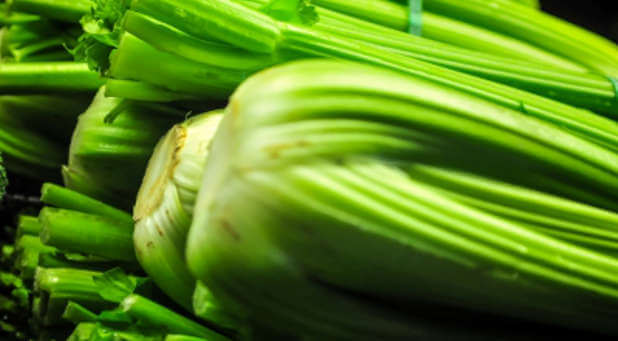High blood pressure kills. That’s a hard fact. High blood pressure, or hypertension, affects about 1 in 3 adults, and, according to the American Heart Association, is listed as a primary or contributing factor in around 350,000 deaths every year.
High blood pressure damages the heart, blood vessels and kidneys, as well as other organs, often with no obvious symptoms. Some risk factors for developing high blood pressure, such as age and family history, can’t be altered, but you are in control of other factors, including your weight.
Most doctors use medication to control hypertension, but many patients don’t stick to meds because of side effects. Fortunately, there are also all-natural ways to help get your blood pressure under control. Check out these nutrients that can help you bring your pressure levels down naturally and without side effects.
Hawthorn. “Hawthorn is accepted by cardiologists to be as effective as powerful drugs,” says Dr. Russell Blaylock, author of The Blaylock Wellness Report. “In addition to lowering blood pressure, hawthorn extract also increases the strength of the heart muscle.” A British study found that giving hawthorn to hypertensive diabetic patients lowered their diastolic blood pressure readings significantly.
Hawthorn berries are loaded with flavonoids and are used to treat several cardiovascular conditions, including high blood pressure, chronic heart failure and irregular heartbeat. Some experts recommend a form of hawthorn called Crataegus oxyacantha. The most common dosage used in hawthron studies range from 160 mg to 1800 mg.
Quercetin. Studies of individuals sensitive to salt found that the flavonoid quercetin lowered elevated blood pressure better than a common antihypertensive drug. In a study published in the journal Pharmacological Reports, the authors wrote: “Since raised blood pressure is the major cause of stroke as well as an important risk factor for ischemic heart disease, we propose that the blood pressure-lowering effect of quercetin could be an important mechanism contributing to the reduced risk of myocardial infarction and stroke observed with fruit and vegetables-rich diets, and possibly with flavonoid-rich diets.”
A study published in the American Journal of Clinical Nutrition found that giving healthy men a quercetin supplement of 200 mg a day increased their blood levels of nitric acid, which helps vessels dilate and lower blood pressure.
Melatonin. The “sleep hormone” melatonin may increase the normal drop in blood pressure that occurs during sleep, perhaps protecting the heart from damage. Italian researchers recruited healthy women and also women with high blood pressure. They were divided into two groups, and one group was given melatonin for three weeks while the other group was given a placebo. After three weeks, the two groups switched treatments. The study, which was published in the American Journal of Hypertension, found that blood pressure dropped more at night when the women were taking melatonin, but had no effect on daytime blood pressure.
Celery. According to information published by the National Institutes of Health, celery reduced high blood pressure in more than 87 percent of patients participating in a Chinese study. Patients mixed celery juice with honey and took the mixture three times a day for up to a week. The difference in blood pressure after treatment with celery—both systolic and dystolic—was significant, says the NIH.
Celery contains phthalides, a type of phytochemical that relaxes muscle tissue in arteries, and lowers blood pressure by increasing blood flow. Like some prescription blood pressure drugs, it also increases urine flow. Some experts recommend eating four stalks or one cup chopped celery (about 4 ounces) daily.
Pomegranate juice. Drinking pomegranate juice can significantly lower blood pressure. Researchers at Scotland’s Queen Margaret University found that when patients with high blood pressure drank about 16 ounces of pomegranate juice daily for four weeks, 90 percent of them experienced a “significant” drop in blood pressure. Another study found that drinking about eight ounces of juice daily reduced the blood pressure of patients with hardening of the arteries from an average of 174 systolic to an average of 162 mm Hg in only one month. After a year, it had fallen to an average of 152 mm Hg.
And while patients on placebo saw an increase in the thickness of their carotid arteries after a year, those drinking pomegranate juice reduced the thickness of their carotid arteries by 35 percent. (Check with your doctor since pomegranate juice can react with some medications.)
For the original article, visit newsmaxhealth.com.











































